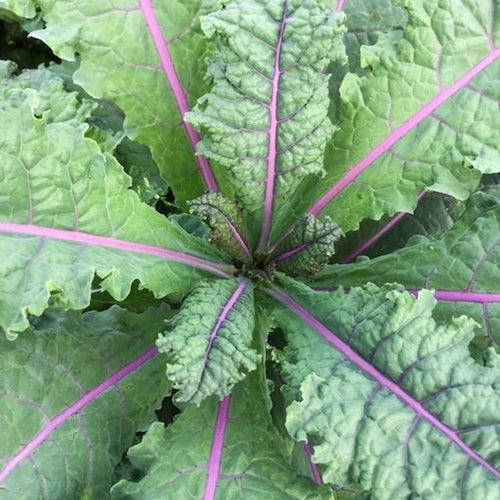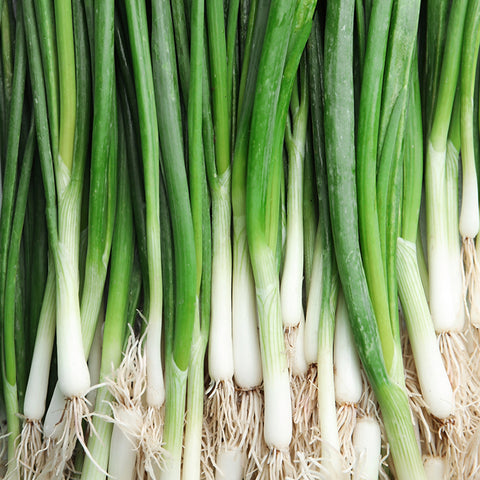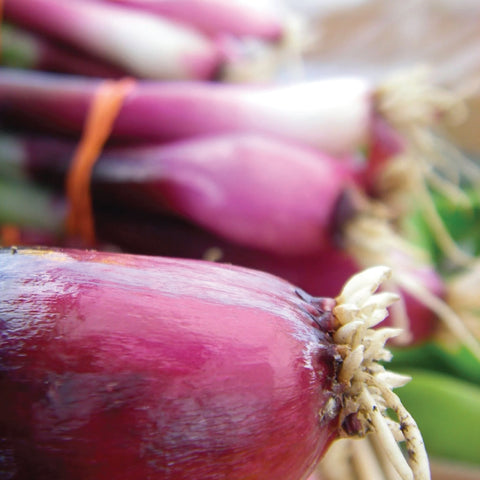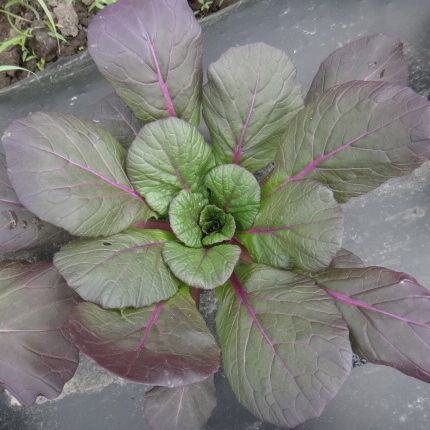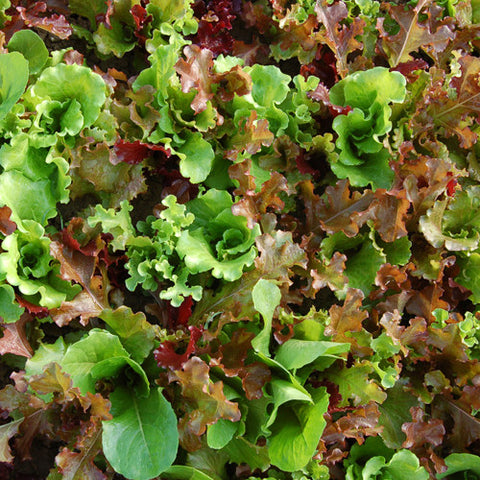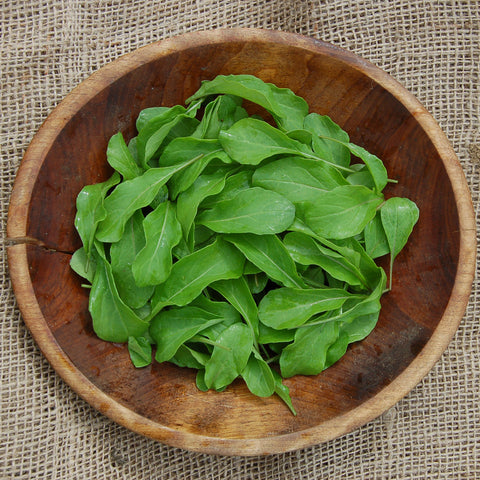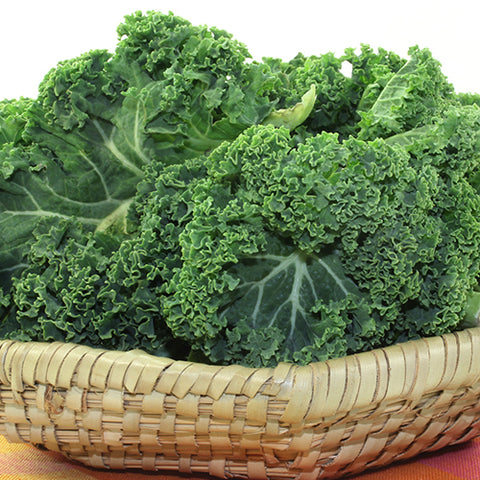Kale, Rainbow Lacinato (Organically Grown Seeds)
$4.79
This item may be out of season or currently out of stock. Please check back.
Description: Rainbows are a symbol of beauty in diversity, and this colourful variation on Dinosaur kale is a welcome accent in any bed of leafy greens! Exceptionally cold tolerant.
Pack Size: .6 grams/ ~200 seeds (sows 20' row)
Latin Name: Brassica oleracea
Main Uses: Culinary
Days to Maturity: 8 days to microgreen, 25 days to baby green, 50 days to full size
Exposure: Full sun
Height: 50 - 80 cm (18- 30 inches)
Seed Source: Organically grown
Germination: 5 - 10 days at 21ºC.
Indoors: 4 weeks before planting out. For best results, apply Sea Magic™ kelp from the first watering. Apply a seedling-starter fertilizer such as Evolve Seedling once the second set of true leaves has appeared, and then alternate between the kelp and seedling starter until transplant.
Planting Out: Plant in well-drained fertile soil once seedlings are established 2 - 3 weeks before the last frost date.
Outdoors: Direct seed a couple of weeks before the last frost, when soil is workable.
Planting Depth: 1/4". Cover lightly.
Spacing: 3" apart in rows 24" apart. When plants are 2" tall, thin to 6".
Fertilizing (Containers): Plant in a quality, organic-based potting mix with good drainage. Fertilize regularly with organic plant food. Jobes organic spikes are easy and effective!
Watering (Containers): Check regularly. Water deeply when the soil feels dry to the touch.
Growing in Mixed Planters: Not well-suited for mixed planters.
Fertilizing (Garden): Plant in a garden recently amended with quality compost such as Sea Soil. No further fertilizing is required.
Watering (Garden): Water plants daily to get roots established (about two weeks). Once established, water only as required.
Harvesting: Cut leaves in 30 days for baby kale. The entire plant can be harvested in 60 days. Multiple sowings will ensure a continuous supply. Flavour is sweeter when leaves get nipped by frost.
Suitability for Indoors: Not well-suited for indoors. Compact varieties of Kale are better suited to growing indoors.

